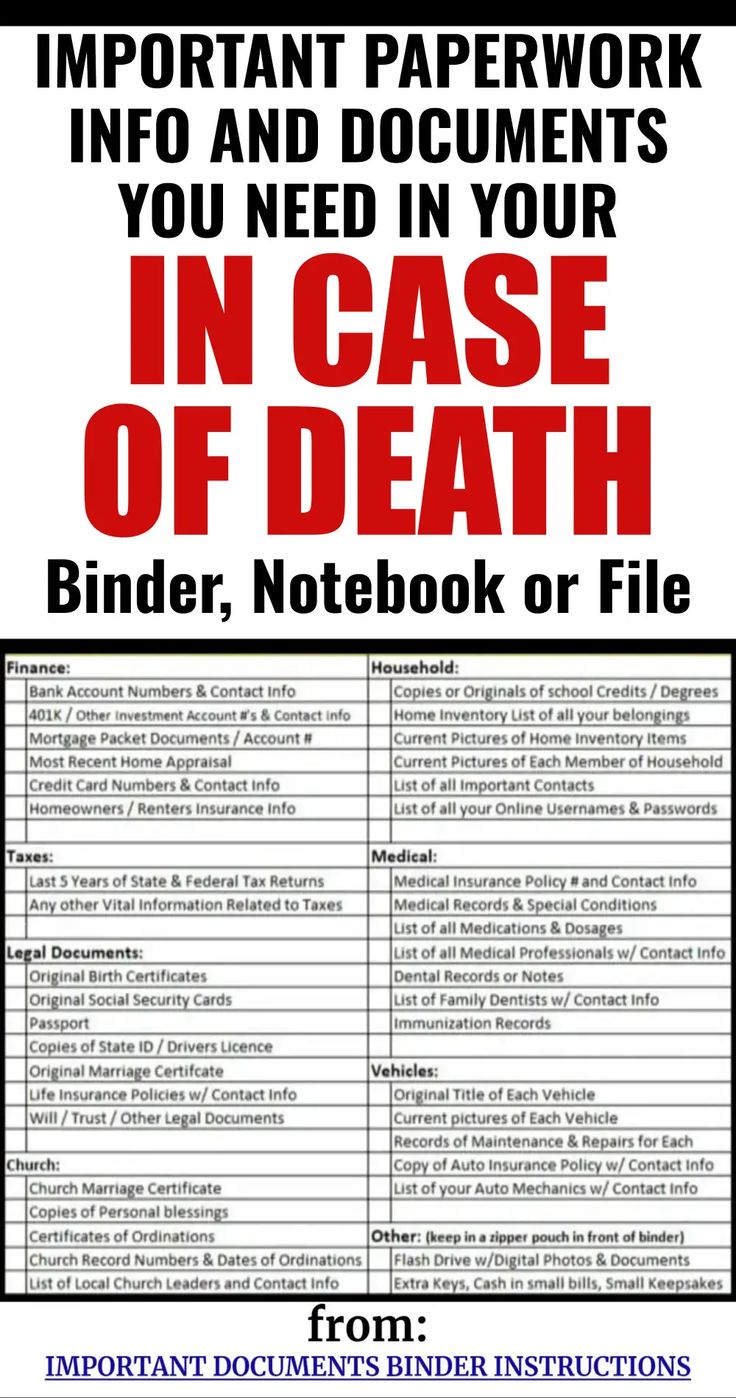7 Essential Tips on How Long to Keep Paperwork

Proper management of documents is not just about keeping your office or home clutter-free; it's a critical aspect of compliance, security, and sometimes, legal necessity. Many ask, "How long should I keep these papers?" This blog post delves into essential tips for retaining paperwork, ensuring you neither hoard unnecessary documents nor discard important ones prematurely.
Understanding Document Retention Guidelines

Every document type has a different retention period mandated by laws, regulations, or best practices:
- Tax Records: The Internal Revenue Service (IRS) recommends retaining tax returns and supporting documents for at least three years, but in case of fraudulent returns or unreported income, extend this to seven years.
- Bank Statements and Receipts: Generally, keep for one year. However, if related to taxes or business expenses, follow the tax records guideline.
- Pay Stubs: Retain until you reconcile them with your W-2s or have received your annual income statement.
- Real Estate Documents: Keep records like deeds or home improvement receipts indefinitely.
Assess the Legal and Tax Implications

Here’s a more in-depth look at why and how long to keep certain documents:
- Legal Documents: Retain contracts, licenses, and legal correspondence indefinitely or as recommended by legal counsel. These might be needed for disputes or audits.
- Homeowner Documents: Mortgage statements, deeds, and home renovation receipts should be kept indefinitely, especially if they relate to improvements that could affect the property’s value.
- Health Records: Keep medical records, insurance policies, and other health-related documents until you no longer need them for insurance claims or healthcare.
- Investment Records: Keep records for as long as you own the investment and up to seven years after selling it to cover any potential audits.
⚠️ Note: Always consult with a legal or tax professional for documents specific to your situation.
Consider Paperless Options

In an increasingly digital world, going paperless can significantly reduce physical clutter:
- Scan documents and save them digitally in secure cloud storage or external drives.
- Use document management software for easier sorting and retrieval.
- Shred confidential documents to prevent identity theft, particularly if physical retention is unnecessary.
💡 Note: Secure digital backups are essential to prevent data loss.
Prioritize Security and Confidentiality

Confidentiality is key when it comes to personal or business paperwork:
- Physical Security: Use locking file cabinets or safes for sensitive documents.
- Digital Security: Implement strong passwords, encryption, and regular backups for digital documents.
- Disposal: Shred or securely erase documents when their retention period expires.
Organize with a System

An organized system prevents the chaos that can come from hoarding paperwork:
- Label folders clearly.
- Utilize color-coding for quicker identification.
- Create an index or use document management software for digital files.
Know When to Shred or Dispose

Here’s when to let go:
- After retention periods, shred documents to prevent fraud.
- Regularly declutter, particularly after significant events like tax season or life changes.
Implement Retention Schedules

Set up formal retention schedules:
| Document Type | Retention Period |
|---|---|
| Bank Statements | 1 year (7 if related to tax filing) |
| Pay Stubs | Until W-2s received |
| Mortgage Documents | Indefinitely |
| Health Insurance Policies | Until no longer needed |
| Investment Records | 7 years after sale |

Summing up, managing documents wisely involves understanding legal obligations, prioritizing security, considering digital solutions, and setting up an efficient system for document retention. Following these tips will streamline your paperwork management and reduce stress when it comes to audits, legal queries, or personal record-keeping.
Why should I keep tax records for seven years?

+
The IRS has a statute of limitations that allows them to audit returns for up to seven years in cases of suspected fraud or unreported income, hence the recommendation to keep these documents for this duration.
Can I keep all my documents digitally?

+
Yes, going paperless is increasingly popular and secure if you take the necessary precautions for digital security. However, some legal or tax-related documents might still need to be retained in their original form for certain purposes.
What is the most secure way to dispose of confidential paperwork?

+
The safest method is to shred sensitive documents using a cross-cut shredder to ensure the information is not retrievable.